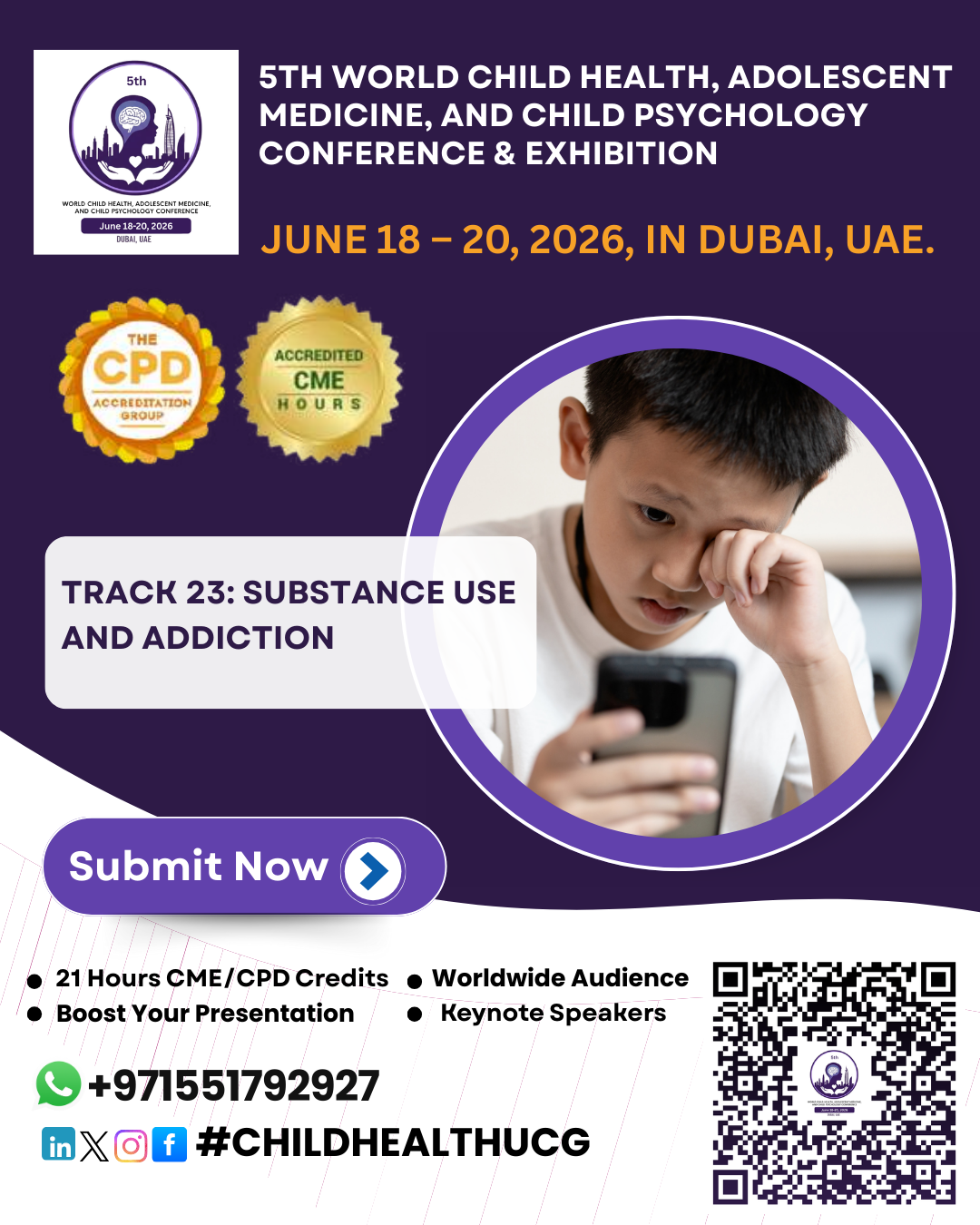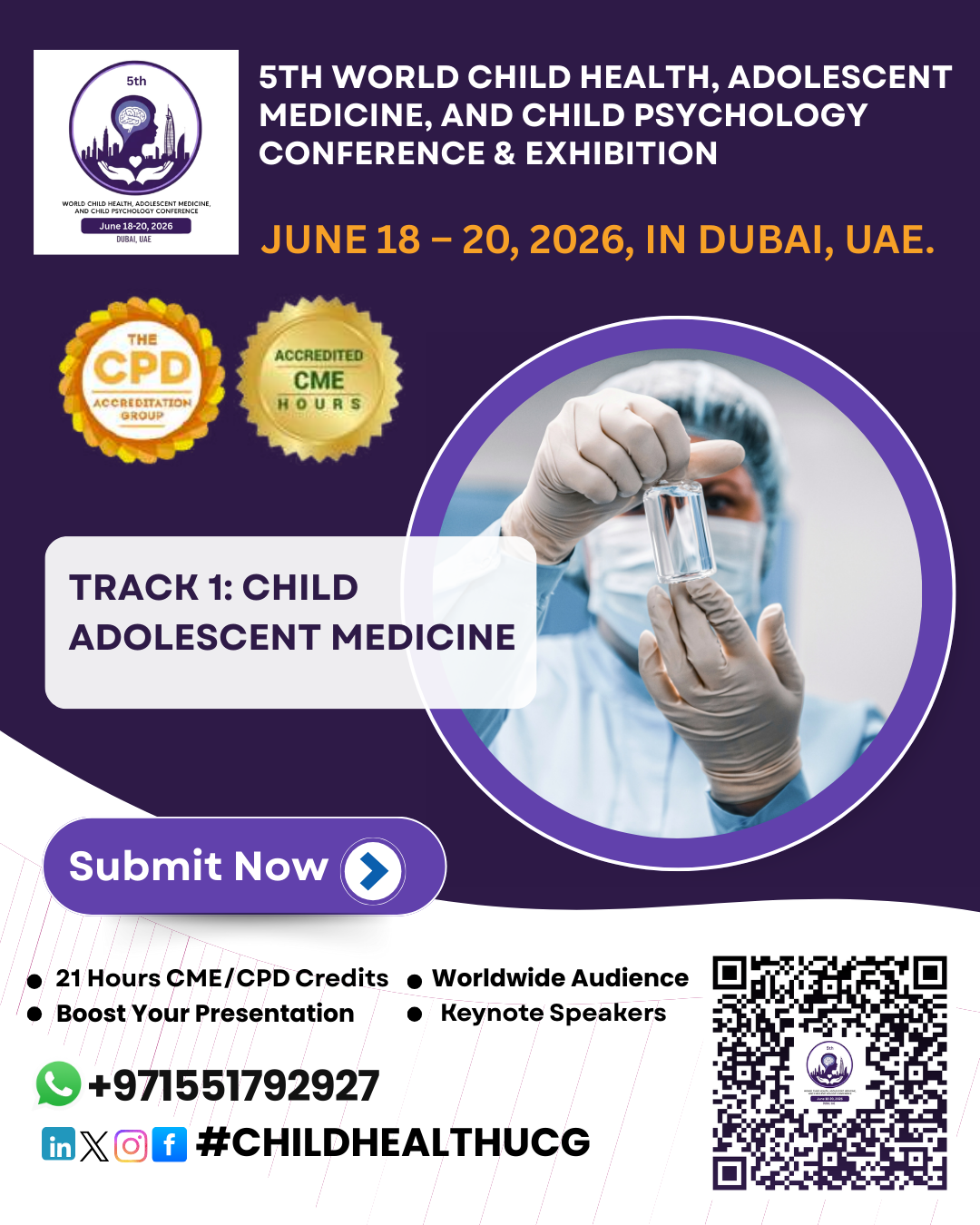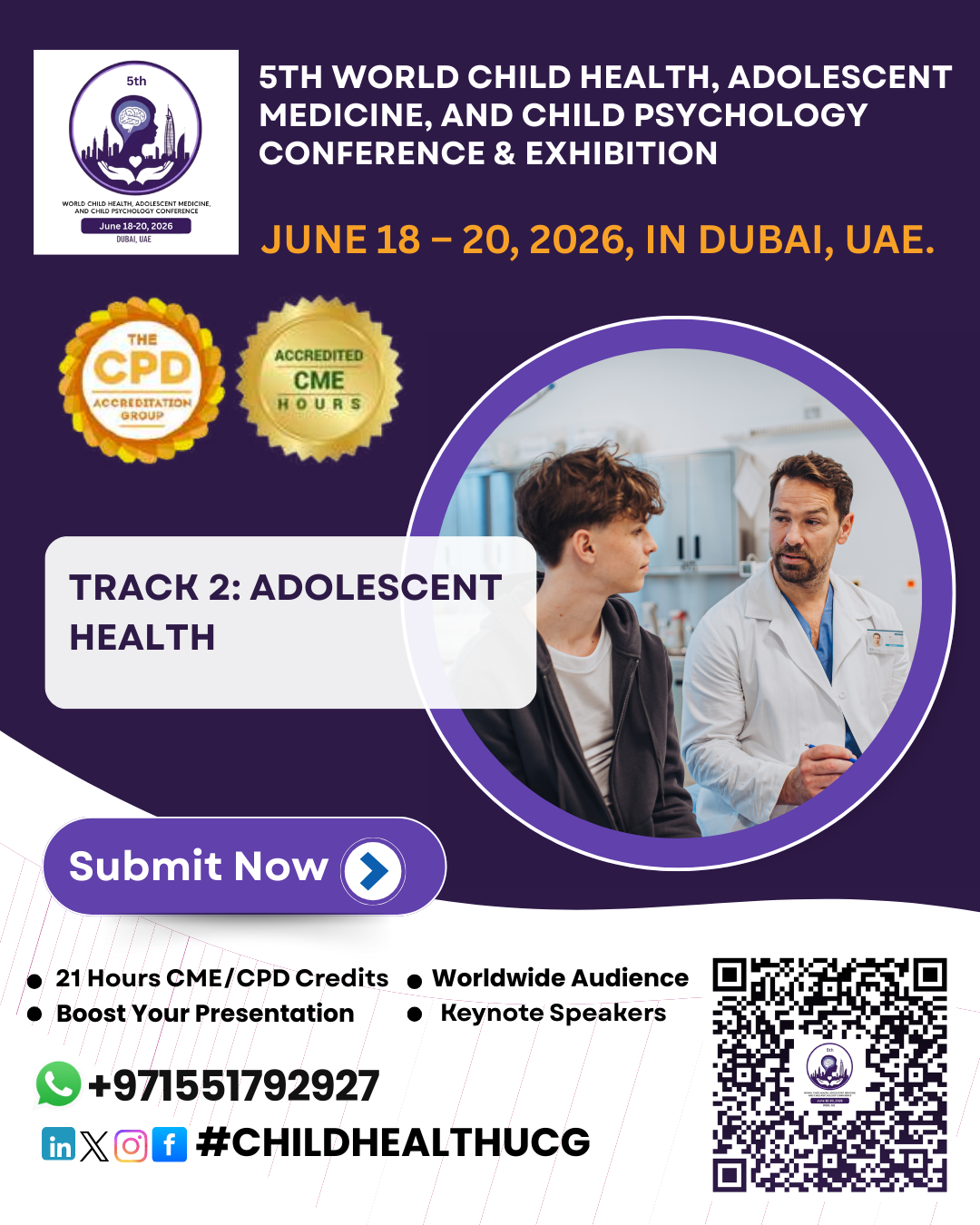



Sub Topics:
Adolescent Health, Pediatric Cardiology, Pediatric...

What is Adolescent Health?
Adolescent health focuses on the physical, mental,...

What is Substance Use and Addiction
Substance use and addiction refer to the consumption of
alcohol, drugs, or other substances that can lead to dependency and adverse
physical, mental, and social outcomes. Addiction is characterized by compulsive
drug seeking and use despite harmful consequences, often accompanied by changes
in brain function. Substance use disorders (SUDs) are medical conditions that
disrupt an individual's ability to control their use of substances,
significantly impacting their health and daily life. Effective management of
substance use and addiction involves a combination of medical treatment,
counseling, and support systems to help individuals achieve and maintain
recovery.
What Do Substance Use and
Addiction Professionals Do
Professionals in this field, including addiction
specialists, counselors, psychiatrists, social workers, and public health
officials, provide a range of services to address substance use and addiction.
Their roles include:
Assessment
and Diagnosis:
Evaluating individuals for substance use disorders and related conditions.
Treatment
Planning:
Developing personalized treatment plans that may include counseling,
medication, and support groups.
Medication-Assisted Treatment (MAT):
Using medications like methadone, buprenorphine, or naltrexone to manage
withdrawal symptoms and reduce cravings.
Counseling
and Therapy:
Providing individual, group, or family therapy to address the psychological
aspects of addiction.
Harm
Reduction Strategies:
Implementing programs to reduce the negative consequences of substance use,
such as needle exchange programs and safe consumption sites.
Prevention
and Education:
Creating public health campaigns and educational programs to prevent substance
misuse.
Support
and Recovery Services:
Offering ongoing support through recovery groups, peer counseling, and
aftercare programs.